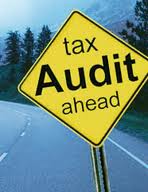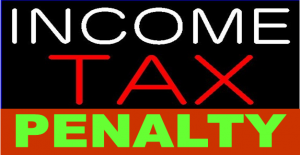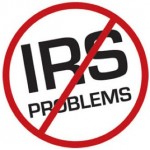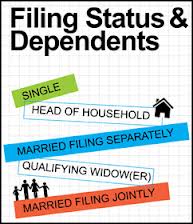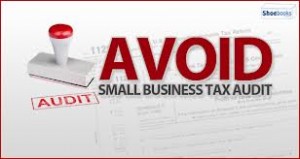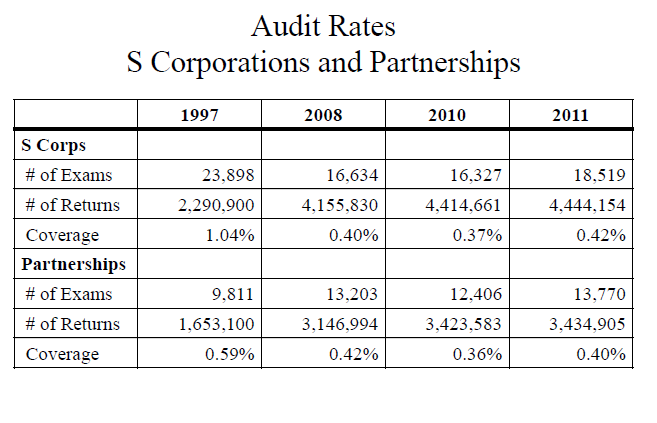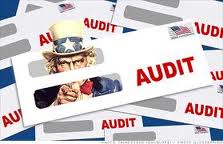A sole proprietor is someone who owns an unincorporated business by himself or her self. Each year the IRS publishes their activities in a publication called the Data Book. And each year for the past number of years the number one target of audits are those tax returns with a Schedule C for small business activity. So how to prepare yourself for a possible audit? Here are some tips.
- Keep records separate. The quickest way to get a deduction for your business disallowed is to blend your personal bills with those from your business. Open a separate checking account and use a separate credit card for business expenses.
- Keep logs. Keep a logbook for business miles. Keep receipts for business meetings and meals. Include the date, time, subject, and who was present at the meeting.
- Ordinary and necessary. Two key words to use to qualify legitimate, deductible business expenses per the IRS are;
- Ordinary: an expense that is common and accepted in your industry.
- Necessary: an expense that is helpful and appropriate for your business.
- Business not hobby. A qualified business activity allows for direct deductibility of appropriate expenses, where-as hobby activity expenses are only allowed as a miscellaneous itemized deduction subject to passing a 2% adjusted gross income threshold. There are many facets here, but key among them is a profit motive and active participation in the activity to qualify your activity as a business.
Just because the IRS focuses their audit activities in this area does not mean you should be reluctant to take appropriate deductions. Just be prepared to defend your position with excellent records.
Our practice has years of experience defending taxpayers in their audits. Each case is handled individually, and analytically reviewed and prepared for by an experienced CPA. Our expertise is a result of or years of experience defending our clients against the IRS. Should you find yourself faced with an IRS audit please contact us.
For help with the IRS, tax problems, back tax settlements, tax debt, Offer in Compromise, tax help, IRS debt, a tax lien, a state tax levy, an IRS levy, an IRS tax lien, contact us. If you need IRS help and have unresolved cases with previous tax lawyers and tax attorneys, we can help find an optimal resolution for your indigenous needs. Contact us at 201-947-8081 or 646-688-2807 or email us at info@irstaxproblems.com.


